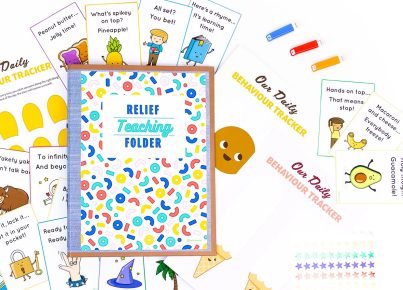Introduction:
There is no doubt that education is constantly evolving, with new subjects and methodologies being introduced to meet the ever-changing needs of students. However, amidst this evolution, some subjects seem to have faded into obscurity. As educators reevaluate the current curricula, they are starting to shed light on some of these forgotten subjects that they feel should make a comeback.
1. Home Economics:
Once a common staple in schools across the country, home economics taught students essential life skills such as cooking, sewing, budgeting, and household management. Teachers argue that these practical abilities not only promote independence but also create well-rounded individuals prepared for real-world responsibilities.
2. Cursive Writing:
With the rise of technology and varying views on its importance, cursive writing has slowly disappeared from many schools’ curricula. Supporters believe that this form of penmanship promotes fine motor skills development, improved memory retention, and a sense of pride in one’s work.
3. Etiquette Classes:
Social niceties seem to be slipping away from general education; however, reinstating etiquette classes could help shape young people’s understanding of good manners and social norms – both online and offline. Teachers argue that mastering these skills builds self-esteem and demonstrates respect for others.
4. Shop Class:
Along with home economics, shop class introduced students to essential hands-on skills like woodworking or car mechanics. The reintroduction of shop classes would provide students with valuable technical knowledge and expand their potential career paths.
5. Critical Thinking Courses:
In an age where information is abundant but often unreliable, teachers advocate for the return of critical thinking courses in classrooms. Students can benefit from developing their reasoning skills and identifying fallacies or biases in sources or arguments.
6. Philosophy:
Some educators think that teaching philosophy fosters open-mindedness, independent thinking, and fosters problem-solving ability among students – all invaluable traits in today’s world.
7. Media Literacy:
With the exponential growth of social media, advertisement, and informational platforms, many teachers believe that media literacy is a vital area for development. Students would learn to critically analyze different forms of media and become informed consumers of news and multimedia content.
Conclusion:
As we continue to adapt and improve the educational landscape to better serve future generations, it is worth taking a step back and considering the value of subjects that once dominated classrooms. Teachers have provided numerous reasons why these subjects should make a comeback, and integrating them into our current curricula may indeed enrich the educational experience for students everywhere.





